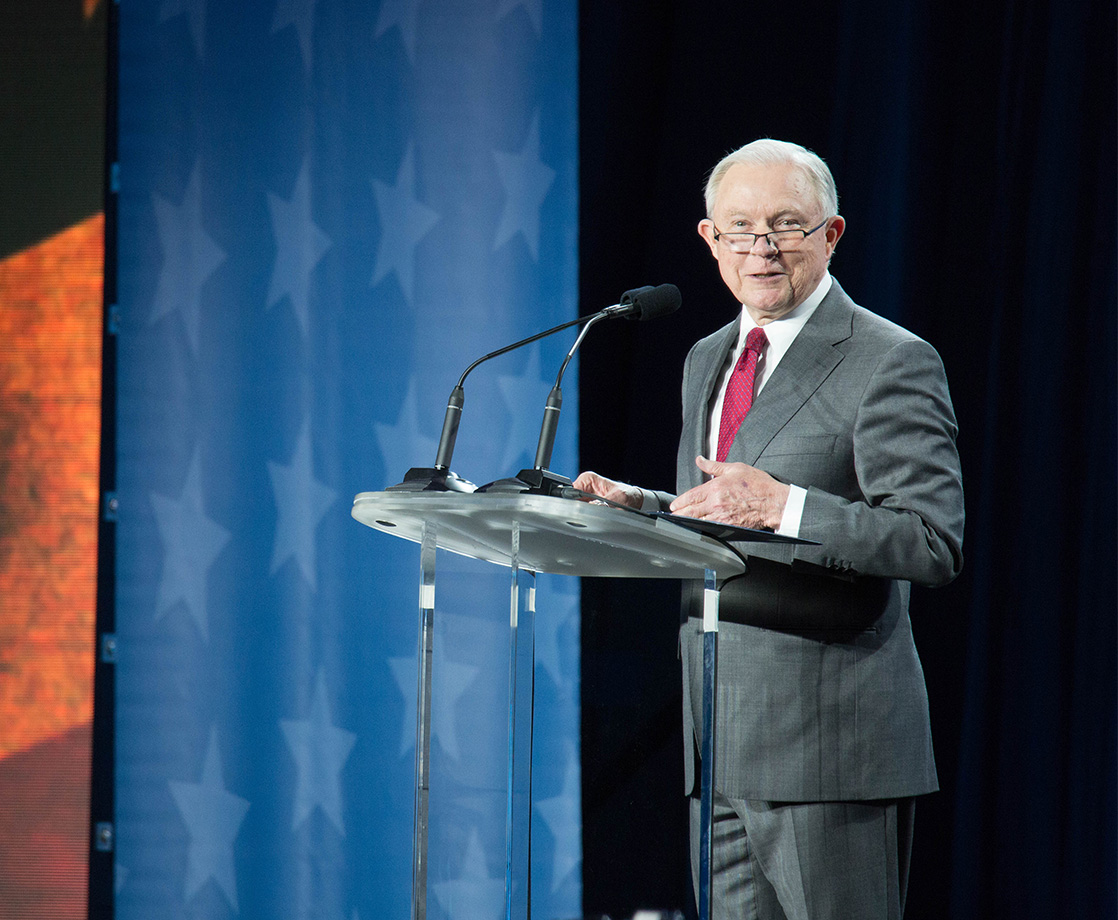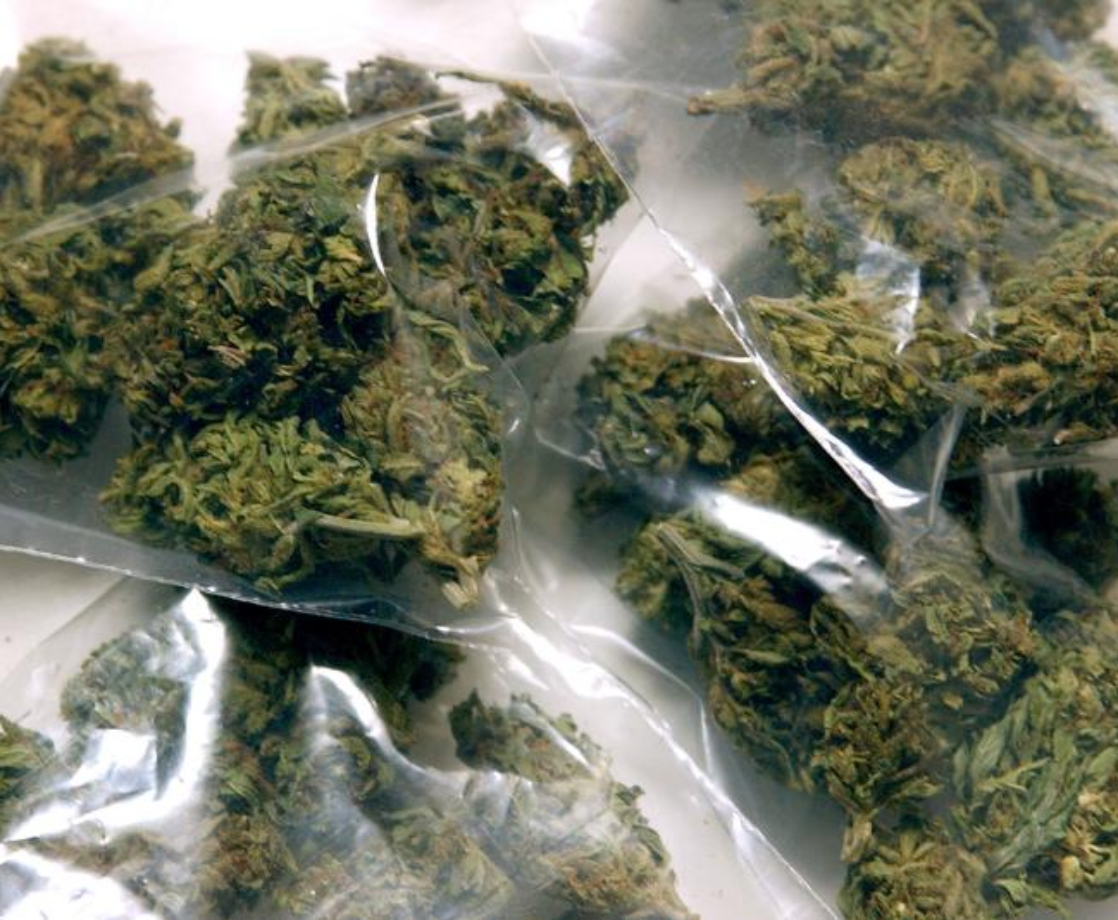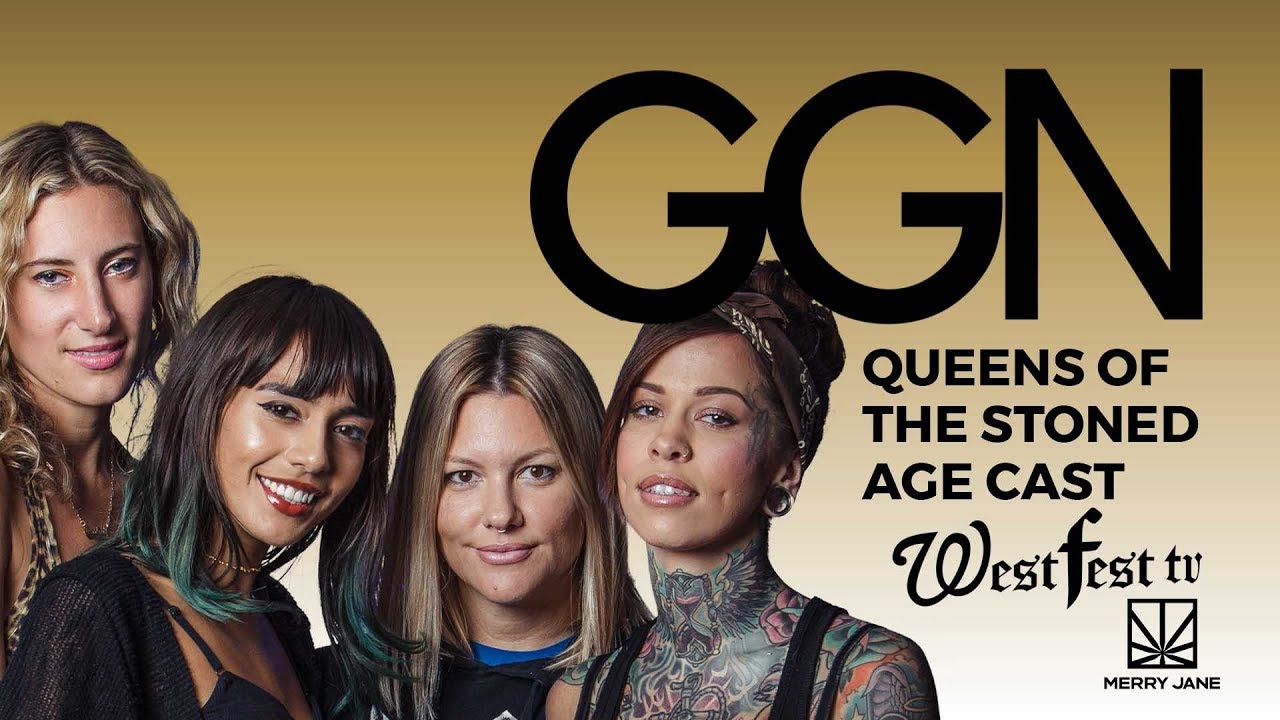Image via
Psilocybin-assisted therapy can effectively inspire heavy alcohol users to cut back on booze or even quit drinking entirely, according to a new study published by the American Medical Association.
Researchers from NYU Grossman School of Medicine conducted this new study to expand on previous research exploring how psychedelics can treat substance use disorders. For the new trial, researchers recruited 93 participants who were diagnosed with alcohol use disorder (AUD). The subjects were considered heavy drinkers, consuming more than 5 drinks a day at least once a week. All of the study subjects received 12 weeks of motivational enhancement and cognitive behavioral psychotherapy targeted at helping them reduce their alcohol consumption. Half of the subjects were randomly assigned to an experimental group that received active doses of psilocybin during two of these sessions. To control for any possible placebo effect, the other half of the subjects received a dose of an over-the-counter antihistamine commonly used for allergies.
After the initial 12-week therapy session was completed, researchers tracked subjects’ alcohol consumption over the following 32 weeks. Eight months after receiving their first dose, subjects who received psilocybin therapy reduced their heavy drinking by an average of 83%, while those who took the antihistamine reduced their drinking by 51%. None of the subjects who took psilocybin experienced any serious negative side effects as a result of their treatment.
Even more notably, nearly half (48%) of the subjects who received psilocybin actually quit drinking alcohol completely within eight months of taking their first dose. During that same time frame, only 24% of the patients in the placebo group stopped drinking. These findings suggest that although therapy can work on its own, psilocybin can potentially double the effectiveness of this treatment.
“Psilocybin administered in combination with psychotherapy produced robust decreases in percentage of heavy drinking days over and above those produced by active placebo and psychotherapy,” the study, which was published in the JAMA Psychiatry journal this week, concludes. “These results provide support for further study of psilocybin-assisted treatment for AUD.”
The new study adds to a growing body of research demonstrating that psilocybin and other psychedelics can effectively treat substance use disorders. This field of research initially took off in the late 1960s, when several studies concluded that LSD can effectively reduce alcohol misuse. But when the US government kicked off the War on Drugs in the early 1970s, this promising research was put on hold for decades.
Over the past two decades, a new community of researchers has restarted this critical field of study. New studies have found that LSD, psilocybin, DMT, mescaline, and other psychedelics can help people fight the urge to misuse alcohol, cigarettes, opioids, and other addictive drugs. The present study is reportedly the first double-blind placebo-controlled trial to investigate the effectiveness of psilocybin on alcohol misuse, however.
“Our findings strongly suggest that psilocybin therapy is a promising means of treating alcohol use disorder, a complex disease that has proven notoriously difficult to manage,” said lead author and psychiatrist Michael P. Bogenschutz, MD, director of NYU Langone’s Center for Psychedelic Medicine, in a press release.
“As research into psychedelic treatment grows, we find more possible applications for mental health conditions,” Dr. Bogenschutz added. “Beyond alcohol use disorder, this approach may prove useful in treating other addictions such as cigarette smoking and abuse of cocaine and opioids.”











